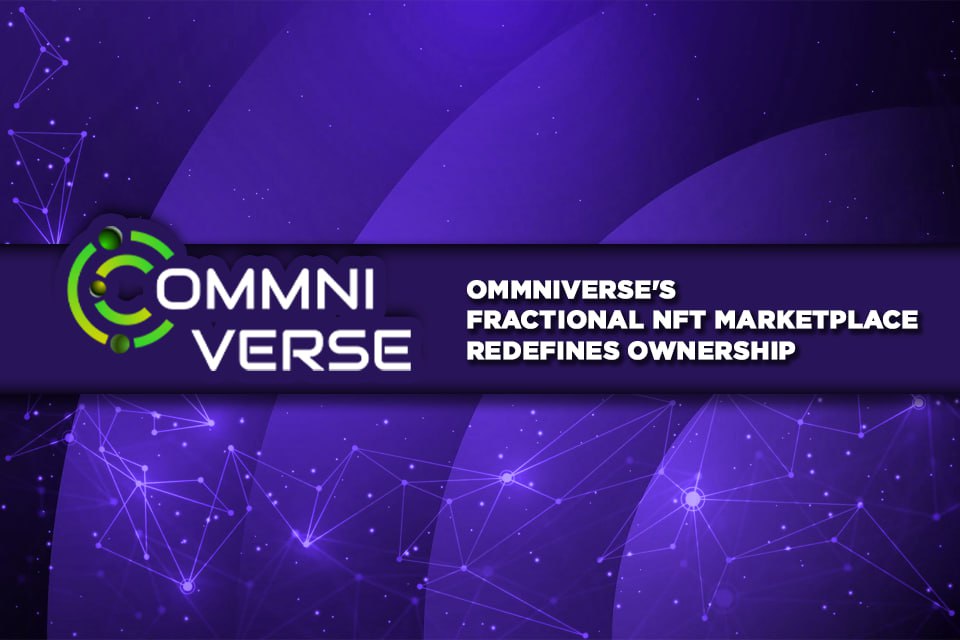NFT purchases are now subject to sales taxes

NFT sales are now subject to sales tax
getty
What happened
On July 1, 2022, the State of Washington issued an Interim Guidance Statement (IGS) imposing a 6.5% sales tax and a 0.471% business & occupancy (B&O) tax on non-fungible tokens (NFTs). Washington is first state to provide NFT-specific sales tax guidance and the guidance is already in force.
According to the guidelines, NFT dealers (individuals who sell NFTs in the course of their business) are required to collect sales taxes from buyers of NFTs. These sellers are also required to pay the B&O taxes if the sale is attributed to Washington.
Key concepts
What are sales taxes?
Sales tax is a tax imposed on your consumption. When you buy a product or service from a retailer, the retailer is required to collect the current VAT percentage from you and transfer it to the state.
Most states in the United States impose sales taxes. The rate can vary from 2% to as high as 10% depending on the state and municipality. Alaska, Delaware, Montana, New Hampshire and Oregon do not have sales tax.
6.5% NFT sales tax in Washington
According to the Interim Guidance Statement issued by Washington, an NFT may represent all inclusive (but not limited to);
a) digital products, such as music, pictures, video works or video games,
b) access to taxable events outside of retail, such as tickets to clubs, sporting events or concerts;
c) prepared food and drink served by restaurants, or
d) tangible personal belongings, such as souvenirs, collectibles or clothing.
Because NFTs can represent anything, the state of Washington wants to tax NFTs based “on the nature of the underlying product (goods and services) included in sales.”
The state requires NFT dealers to collect and pay a 6.5% sales tax on NFT sales. Although NFT sellers can collect sales tax in either cryptocurrency or fiat, they must be transferred to the state in fiat.
For example, Sam is a professional NFT creator living in Washington. He sells his digital NFT art for 10 ETH (worth $ 10,000) to George. George also lives in Washington. The total sales tax on the transaction is $ 650 ($ 10,000 * 6.5%). As a result, George now has to pay $ 10,650 to buy the digital art. Once the transaction is processed, the dealer, Sam, must pay $ 650 to the state of Washington.
Also, since Sam is a retailer located in Washington, he will also be subject to the B&O tax. His $ 10,000 income from Washington State will now be subject to 0.471% B&O tax.
(Note that collection and remittance of sales tax only applies to persons involved in selling NFTs in a business context. If you only sell NFTs occasionally as an investor, you are usually not subject to collection and remittance of sales taxes)
This guide only covers NFTs. It will be interesting to see how states think about turnover taxes that apply to fungible tokens (coins) that are without a doubt digital properties.
Prospects and implications
Coming all over the country?
The state of Washington also plans to work with external stakeholders to develop more comprehensive and permanent guidance.
But because more than 30 states currently impose sales taxes on digital products such as movies, music, ringtones and e-book downloads. Undoubtedly, NFTs are already subject to sales taxes under existing rules related to digital products in many states.
In addition, we are likely to see NFT-specific sales tax guidelines from other states in the near future influenced by the framework mentioned in Washington State’s guidelines.
FT Challenges for enforcement of sales tax
Although the sales tax guide is now in place in Washington, the actual enforcement of the rules can be challenging due to the decentralized nature of the cryptocurrency.
According to the announcement, “Marketplaces must collect and pay sales or usage fees on all taxable retail sales brought to Washington on behalf of any marketplace seller who makes retail sales through the marketplace facilitator’s marketplace ». However, marketplaces that allow you to register using self-deposit wallets (OpeanSea & SupreRare) do not have access to information to determine where buyers and sellers are. Active collection of this information (for compliance with sales tax purposes) may adversely affect their growth and public perception.
In addition to facilitating sellers to collect sales tax from buyers, the marketplace is also required to pay B&O taxes.
“If a marketplace takes commissions from retail sales of NFTs brought to Washington, they are subject to service and other activities B&O tax. (RCW 82.04.290.)”
However, if the marketplace is truly decentralized and operated as a DAO by a pseudo-anonymous community of wallet holders, it will be virtually impossible to enforce the rules at the marketplace level.
It should be emphasized that the temporary guidance statement should not be used everyone NFT-related transactions. According to the statement, the rules should only be applied to the example fact patterns mentioned in the document. If your situation is different, the state encourages you to request a binding letter order to determine your tax liability.
Decision points
If you have bought NFTs without paying any sales tax before, there is not much you need to worry about as a buyer. Usually the seller has the burden of collecting and paying sales taxes. If the seller failed to do so earlier when they were required to do so, the state can impose the sales tax bill on the seller. In this case, the unpaid sales taxes must come out of the seller’s pocket.
Next step
- Talk to a qualified state and local tax advisor to see if your NFT business is subject to collection and payment of sales taxes.
Further reading
Note: Nothing in this report should be construed as financial or investment advice.

























